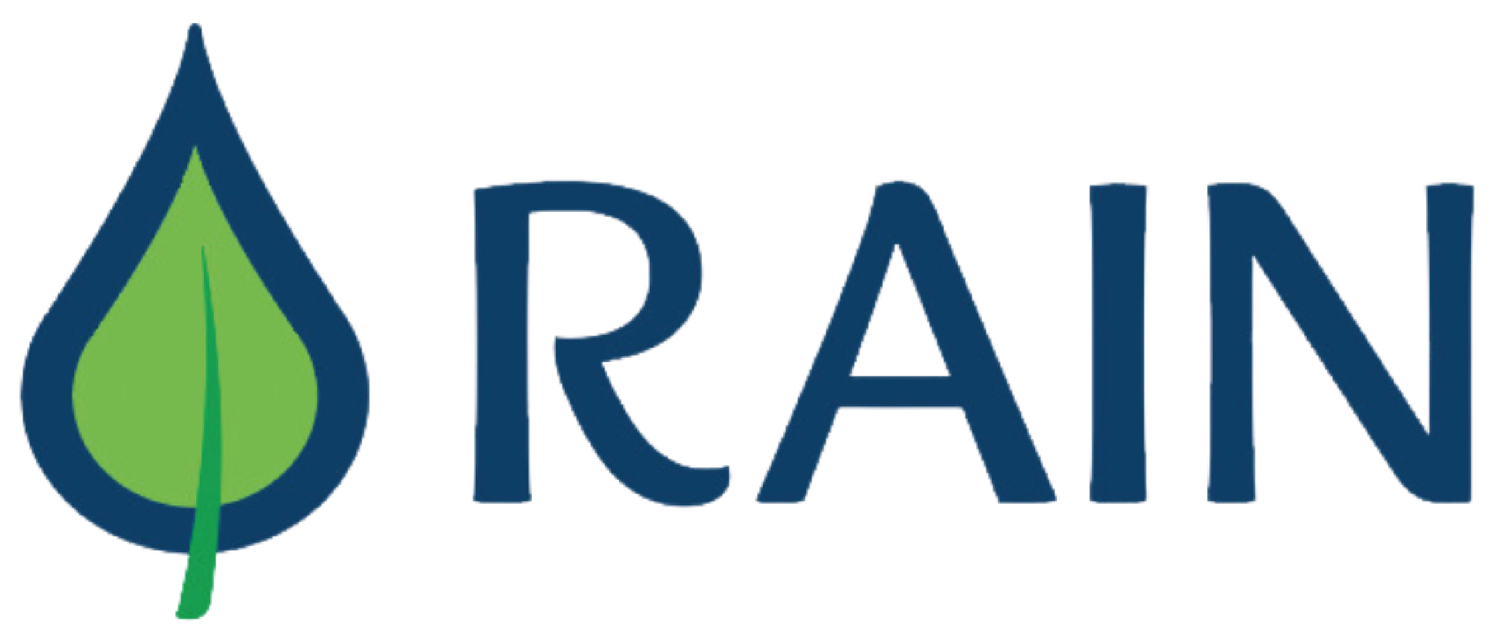OUR Mycelial
MISSION.
How is an NGO like a mushroom?
Beneath the forest floor, a web of fungal threads connects trees into a vast super-organism that knows how to share resources and information for the resilience of the whole.
Our work is inspired by and modelled on these webs
This decentralised network facilitates cooperation between partners working towards the common goal of regeneration.
It focuses support from around the world at local problems with global impacts, via community-led initiatives that prioritise autonomy, sovereignty and food security.
How it all works
The brochure describes how we do what we do.
From aspiration to action
RAIN began by restoring springs in Minas Gerais, one of the most deforested regions of the world. Recognising the vital role of waterways, both at the local scale in supporting biodiversity and human communities and in terms of the impact of the Brazilian water cycle on global weather systems, hydrology remains a major focus of our work, particularly in the Atlantic Forest and the Cerrado biomes. We support agroforestry, reforestation and regeneration as solutions to land degradation, unsustainable agricultural practices and desertification. These practices also have the power to regenerate degraded topsoil, create habitats for endangered species, sequester carbon, mitigate floods and droughts and promote sustainable livelihoods.
Our partners also offer training in monitoring, accountancy, business development and other areas that can enable communities to develop their own solutions to the problems they face. We can embrace our collective intelligence, nurture interconnections and cultivate a thriving future. Let's reconnect with the earth that supports us, with each other and with ourselves - and see what we can do together.
Impacts are measured with metrics that reflect the unique contexts and priorities of our partners: soil health, groundwater flow, economic power, food miles in a meal, video impressions and the number of UK students introduced to Indigenous land management via our schools program are just a few examples. We are experimenting with technological innovations such as remote sensors to measure various metrics from biodiversity to soil composition and pollution levels, making monitoring affordable and accessible to frontline communities.


